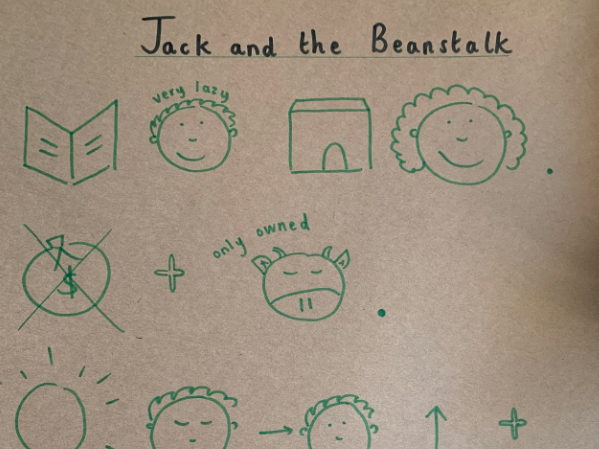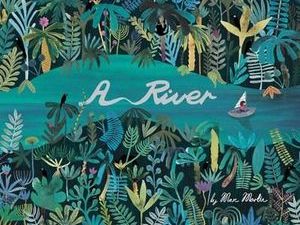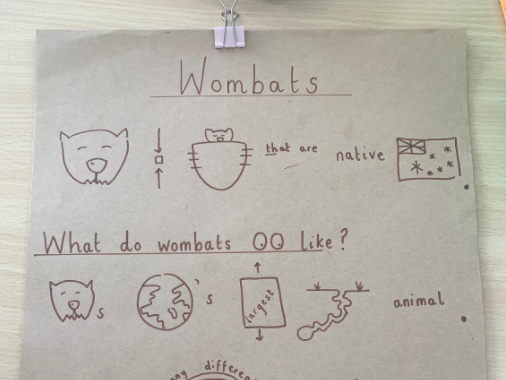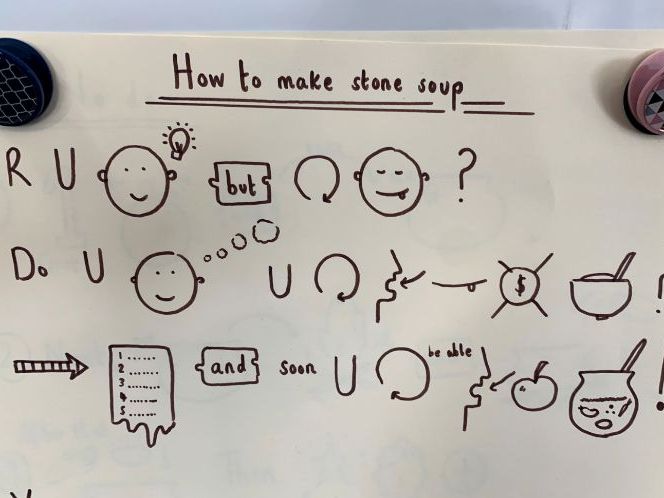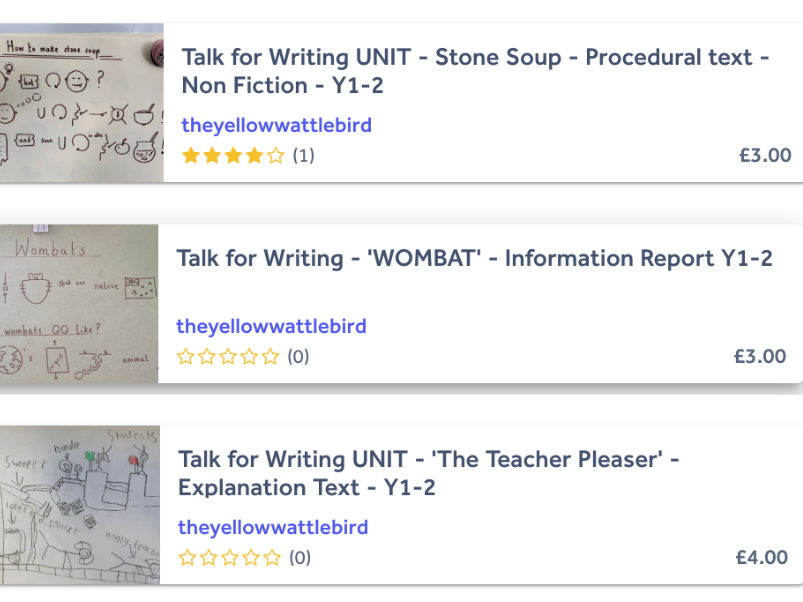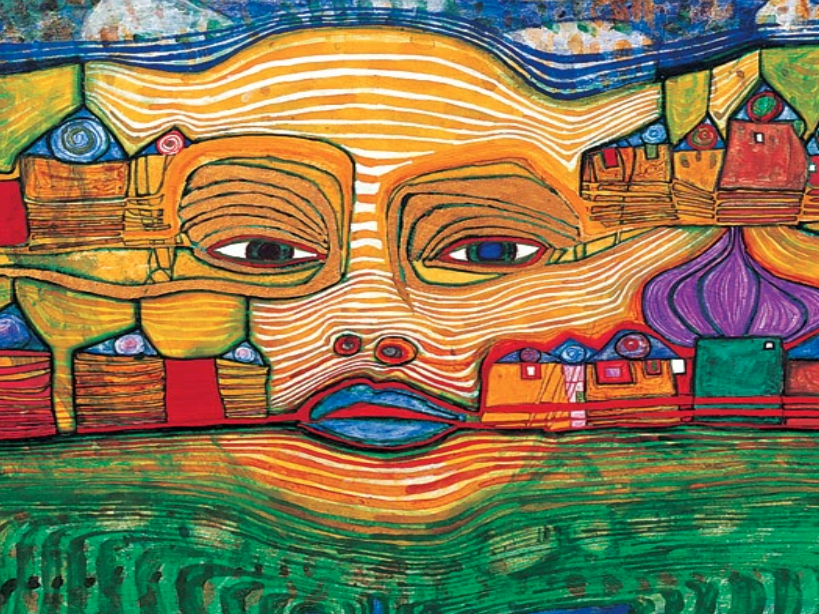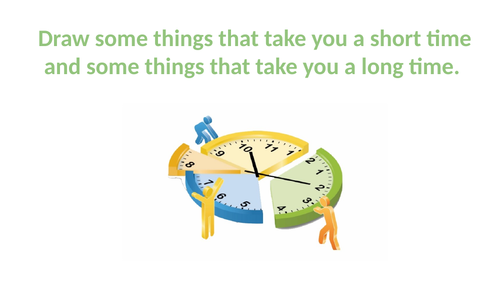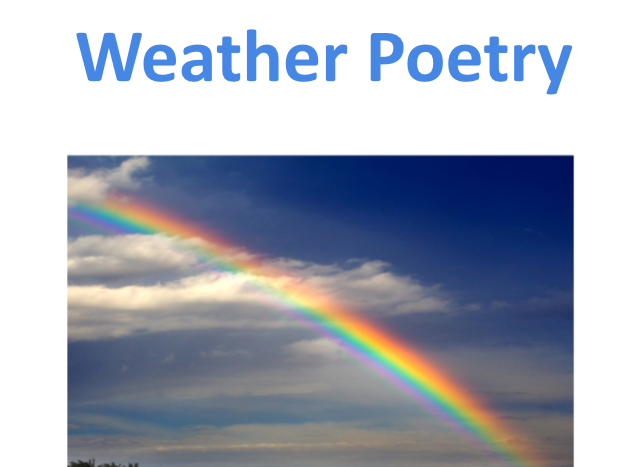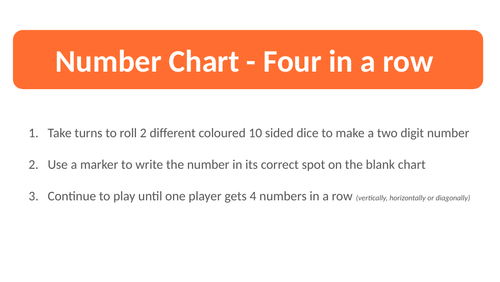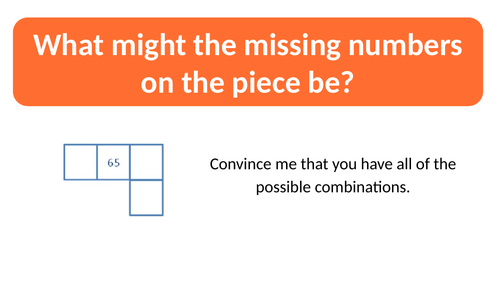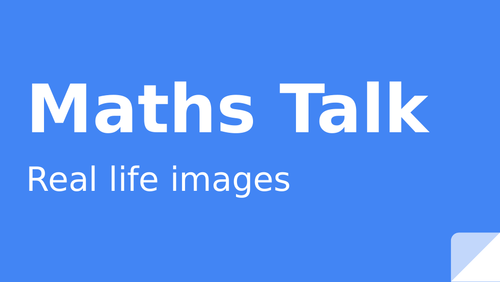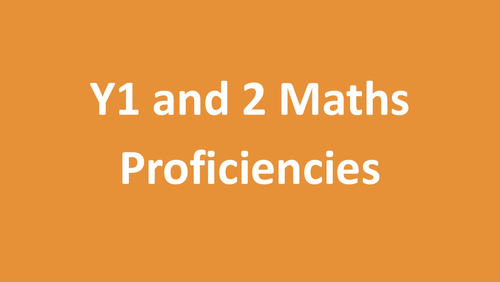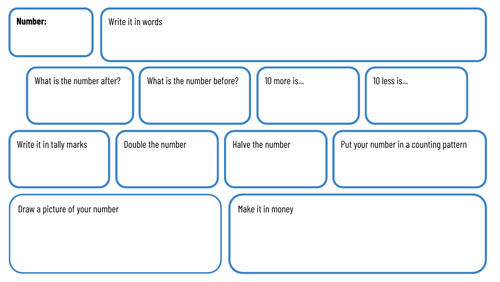
22Uploads
15k+Views
17k+Downloads
All resources

Talk for Writing UNIT - Jack and the Beanstalk - Y1-2
**Talk for Writing story map and adapted text for the traditional tale, ‘Jack and Beanstalk’. **
The resource includes
Imitation resources
Hook ideas
List of story genres + examples
Introduction into fairytales with activities
Imitation PPT including story maps
Likes, dislikes, puzzles and pattens reading response
PPT to support exploring and building narrative characters
Unit focus: characterisation + activities
Lesson ideas for the book ‘Inside the villians’ + ‘I am…’ poem
Wanted poster description
-Story structure - ‘S’ Planner template
Vocabulary cards ready to print (includes key story language)
Innovation resources
Innovating the characters/settings through substitution
Templates
Story map with ‘post-it’ notes

Talk for Writing UNIT - 'The Teacher Pleaser' - Explanation Text - Y1-2
Talk for Writing - The Teacher Pleaser Machine by Pie Corbett
(adapted for a Grade 1/2 class)
This resources includes PPTs of lesson ideas and story map
It goes through the different stages of Talk for Writing: Imitation (including story map), Innovation and Independent application.
Language focus: causal conjunctions (lots of tuning in games which can be played as lesson starters)
There are also some slides explaining how to use rhetorical questions and the importance of chronological order (using sentence signposts).

Talk for Writing UNIT - 'A River' by Marc Martin - journey story - Y1-2
Unit of work based on Marc Martin’s book, ‘A River’
Text adapted for a 1-2 class
Includes model text and a story map
Focus: Setting descriptions (Australian themed)
Lesson PPTs on similes and prepositions
5 Sentence Story PPT

Talk for Writing - 'WOMBAT' - Information Report Y1-2
Talk for writing model text for a ‘wombat’ information report
Includes a hook using ‘Diary of a Wombat’ text, a text map, teacher notes, warm up games, sequencing texts and innovation ideas

Talk for Writing UNIT - Stone Soup - Procedural text - Non Fiction - Y1-2
Talk for Writing NF Unit - Stone Soup
Created for a Grade 1-2 class
Non Fiction: Instructional writing
Includes
Text map + adapted text
Prediction/story craft activity PPT
What are the features of an instructional text?
spot the difference / fill the gap activities / toolkit
PPTS on imperative (bossy verbs),
ideas for innovation

Tiddalik the Frog - Talk for Writing - Y1-2
Story map for the dreamtime story, ‘Tiddalik the Frog’ along with some PPTs to support writing a character description and sequencing a text (beginning, middle and end).
Bundle

Talk for Writing - NON FICTION - Y1-2 bundle (explanation, information and procedural)
Non-fiction Talk for Writing bundle suitable for Years 1 and 2. Includes -
‘Wombat’ information report, ‘Teacher Pleaser’ explanation text and ‘Stone Soup’ procedural writing.

Hundertwasser UNIT
Slides to accompany an art project on Hundertwasser
Window right activity
6 features of Hundertwasser
Created for a 1-2 class

The Centipede's Shoes - MATHS LESSON (Y1/2)
A lesson linked to Tony Ross’s story, ‘The Centipede’s Shoes’
Learning intentions:
To build number fluency by using the number naming system to read, write and represent numbers. To use our knowledge of place value to partition to 100.

The Lighthouse Keeper's Lunch
Collection of PPTs used after reading the story, ‘The Lighthouse Keeeper’s Lunch’
Includes:
Activating prior knowledge and prediction making activities
Adapted story
Lesson unpicking vocabularly from the text (e.g. industrious, concocting, scavenging)
Summary lesson
Character description resources
Inquiry session into what is a synonym - understanding and application
Pocket poem (In Mrs Grinling’s apron…)
Created for a 1-2 class

1-2 Maths inquiry questions
A selection of inquiry questions suitable for Year 1-2s to explore as a whole class/in groups. These are open ended to provoke discussion and further investigation.
Topics covered: shape, chance, counting patterns, data, length, money, operations and time
Australian themed

BEE AWARE! World Bee Day - Living Things Science Lessons
Year 1 and 2 - Science
Big idea: Living Things have similar basic needs.
Students learn to identify how living things meet their needs in the places they live.
Related Aus Content descriptors - AC9S1U01/AC9S1102
We are learning to:
Identify the places where plants and animals live and the features of the place that enable it to meet bees needs.
Identify comparing the needs of a variety of different types of living things.
Follow safe procedures to make and record observations.
We can:
Describe the features of the place where bees live.
Explain how the place where the bees live, provides air, water, food or shelter to meet the needs of the bees.
Safely conduct the honey making experiment.
Key vocabulary: pollination, food, nectat, pollen, flowers, fruit, veegtables
Lessons linked to World Bee Day:
Inquiry - What is a bee?
What is the function of a bee’s different body parts?
Let’s make honey experiment!
Bee hotel designs

1-2 Punctuation (inquiry into punctuation marks, kung fu puntuation + more)
A mini unit for 1-2s all about why and how we use punctuation marks in our writing
Includes Kung Fu punctuation, sentence snakes and proper noun activities

Weather poetry
1-2 Unit on Weather Poetry
Includes lots of short burst poetry lessons ready to go
Acrostic and shape poems
Cloud, rain and thunderstorm poetry
a lesson on rainbows

MATHS INQUIRY - Maths Talk PPT - Y1-2
Real life pictures used for daily maths talk
Some example responses from Y1-2 students

Maths proficiencies/strands - Year 1 and 2 examples
How can we work mathematically?
A PPT to support new teachers to understand the proficiencies.
Examples of what this ‘looks like’ for Year 1 and 2 for understanding, fluency, reasoning and problem solving.

